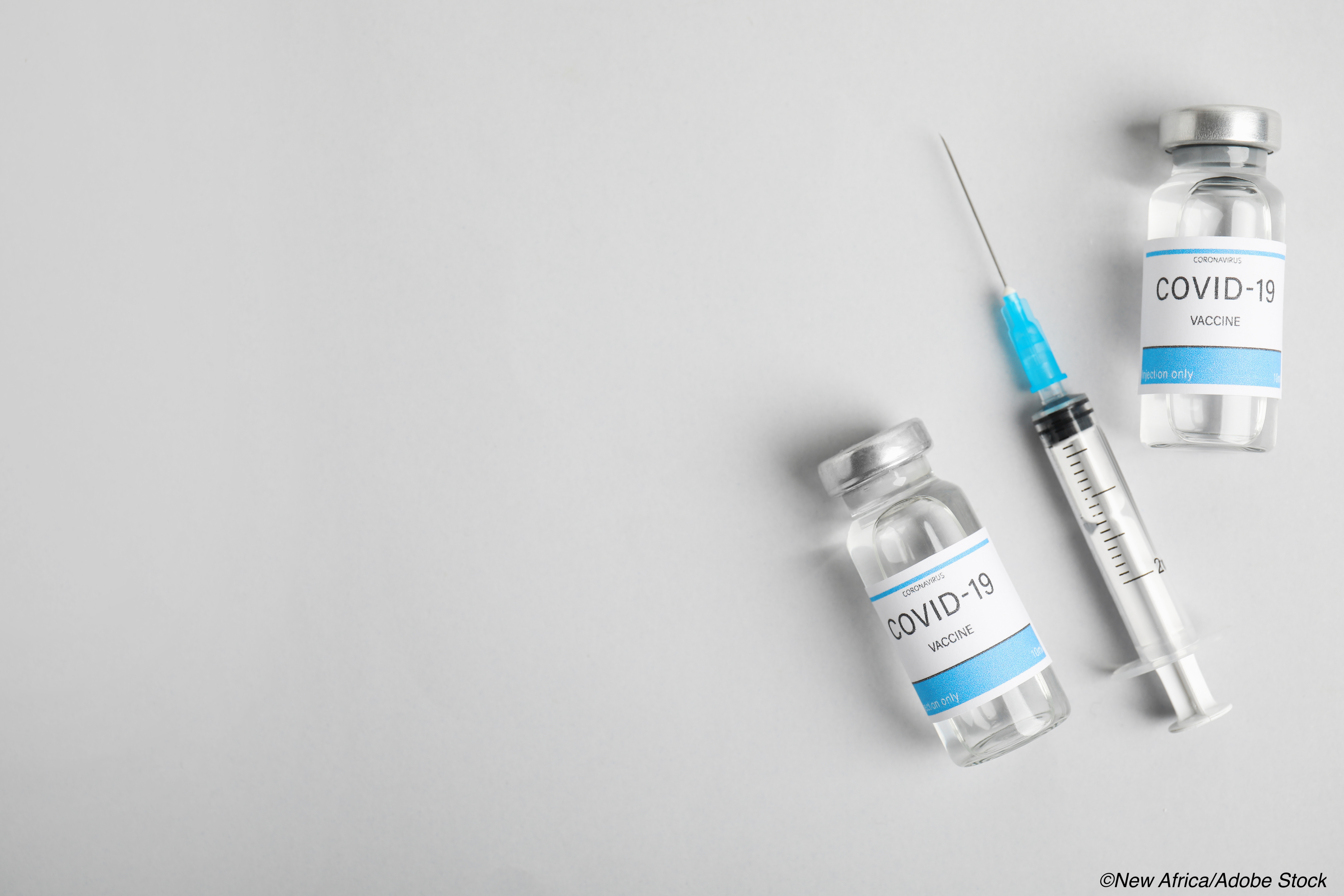
A fourth dose of an mRNA vaccine produced “satisfactory” antibody response in kidney transplant recipients who failed to mount adequate responses to three previous doses of vaccine in a study involving 92 transplant patients.
The case-series analysis from France included kidney transplant recipients who showed no or very low antispike IgG level increases after three doses of the Pfizer-BioNTech or Moderna mRNA vaccines. Median antispike IgG levels increased to protective levels roughly a month after receiving a fourth dose of vaccine.
The findings, published online Jan. 10 in Annals of Internal Medicine, support the use of a fourth vaccine dose for these patients, wrote researcher Sophie Caillard, MD, PhD, of the University Hospitals of Strasbourg, Strasbourg, France, and co-authors.
In an earlier, as yet unpublished, analysis, Caillard and colleagues showed that kidney transplant patients who had been infected with Covid-19 had higher antispike IgG titers than kidney transplant recipients who were fully vaccinated against Covid-19, but had not been infected.
“Assuming that the difference can be attributed to a higher antigen dose with infection than with vaccination, those results also support the use of additional, repeated doses of vaccine for kidney transplant recipients who do not respond adequately to standard vaccination,” the researchers wrote.
Calliard and colleagues previously reported a high incidence of severe Covid-19 among a case series of 52 kidney transplant and 3 kidney-pancreas transplant patients vaccinated against Covid-19 with an mRNA vaccine. Of the 55 patients, 15 (27%) required hospitalization and oxygen therapy due to Covid-19.
Other research has shown impaired response to Covid-19 vaccination among kidney transplant recipients, with one such study showing no response to a third mRNA vaccine dose in 51% of kidney transplant recipients. Responses were especially low among patients receiving triple immunosuppression.
The most widely accepted marker of protection against SARS-CoV-2 Alpha, Beta, and Gamma variants is antispike IgG titers above 143 binding antibody units (BAU) per milliliter, but Caillard and co-authors noted that neutralization of the Delta variant requires higher antispike IgG titers.
Transplant recipients who had antispike IgG titers less than 143 BAU/mL 1 month after a third dose, received a fourth dose of the Pfizer-BioNTech BNT162b2 vaccine. Fifty-eight Moderna mRNA-1273 vaccine recipients who mounted inadequate responses to three doses of that vaccine received a fourth dose.
Upon measurement of antispike IgG titers 2 to 6 weeks later (median, 29 days [interquartile range, 26 to 34 days]), antispike IgG levels increased from a median of 16.4 BAU/mL (interquartile range, 5.9 to 62.3 BAU/mL) to 145 BAU/mL (interquartile range, 27.6 to 243 BAU/mL) and 50% of patients reached the threshold of 143 BAU/mL.
There were no safety concerns with the fourth vaccine dose. Patients who had adequate antibody response after receipt of the fourth dose had a longer interval between their transplant and fourth vaccine dose and were less frequently treated with steroids.
Comorbidity incidence, including obesity, cardiovascular disease, and diabetes, was slightly lower among the fourth dose responders (IgG ≥143 BAU/mL) compared to non-responders (IgG <143 BAU/mL), and 30 of the 58 Moderna vaccine recipients and 16 of 34 Pfizer-BioNTech vaccine recipients mounted adequate responses to fourth doses of vaccine.
The median time from kidney transplant was significantly longer among the responders (7.2 years [IQR, 3-11.7] versus 4.5 years [IGR, 1.6-11.1]).
“The percentage of patients who had antispike IgG titers above 143 BAU/mL after the fourth dose was 48% for the BNT162b2 vaccine and 52% for the mRNA-1273 vaccine, and patients who received the mRNA-1273 vaccine had higher IgG titers (median, 150 vs. 122 BAU/mL),” the authors wrote.
Only one patient in the cohort was diagnosed with mild Covid-19, and that patient had an antispike IgG level of 28 BAU/mL a month after his fourth vaccine dose.
“Our study indicates that a fourth dose of an mRNA-based vaccine produces a satisfactory antibody response in some kidney transplant recipients who did not respond adequately after 3 previous doses, and it supports the use of a fourth vaccine dose for these patients,” the researchers concluded.
But they also called for more study: “Finally, we recognize that an increase in antispike IgG titers does not invariably provide protection from infection and disease, which is why we encourage longitudinal studies with a sufficient duration of follow-up to evaluate the risk for Covid-19 in patients like these after additional vaccine doses.”
In commentary published last September in the journal Nature Reviews Nephrology, Caillard and co-authors proposed strategies for optimizing protein subunit vaccine immunogenicity in kidney transplant recipients, including the use of adjuvant therapies, intradermal injection and high antigen doses, but they noted that “these approaches have not yet been tested for Covid-19 mRNA vaccines.”
-
A fourth dose of an mRNA vaccine produced “satisfactory” antibody response in kidney transplant recipients who failed to mount adequate responses to three previous doses of vaccine. Those who had adequate antibody response after the fourth booster dose had a longer time between transplant and vaccine dose, and were less often treated with steroids.
-
Be aware that this is a case study and more research is needed.
Salynn Boyles, Contributing Writer, BreakingMED™
Researcher Sophie Caillard and the other researchers reported no relevant disclosures related to this study.
Cat ID: 127
Topic ID: 81,127,730,933,190,926,127,192,927,925,934

